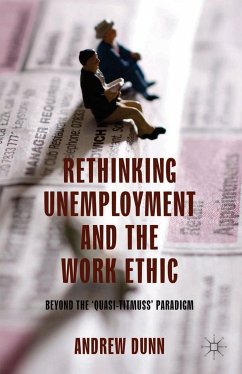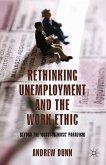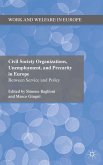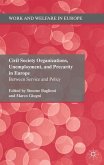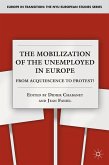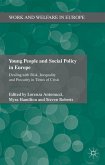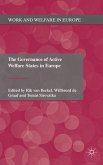While recent Labour and coalition governments have insisted that many unemployed people prefer state benefits to a job, and have tightened the rules attached to claiming unemployment benefits, mainstream academic research repeatedly concludes that only a tiny minority of unemployed benefit claimants are not strongly committed to employment. Andrew Dunn argues that the discrepancy can be explained by UK social policy academia leaving important questions unanswered. Dunn presents findings from four empirical studies which, in contrast to earlier research, focused on unemployed people's attitudes towards unattractive jobs and included interviews with people in welfare-to-work organisations. All four studies' findings were consistent with the view that many unemployed benefit claimants prefer living on benefits to undertaking jobs which would increase their income, but which they find unattractive. Thus, the studies gave support to politicians' view about the need to tighten benefit rules.
"Andrew Dunn has written the deepest inquiry I know of into unemployment in Britain. He makes clear that a life on benefits isn't just forced on people by conditions; it also reflects claimants' attitudes and choices, which vary widely. Many still view work as a choice that they need not make. Welfare reform was supposed to deny that choice, to stop paying aid without work. Clearly it has so far failed to deliver." - Larry Mead, New York University, USA
"Andrew Dunn has produced a powerful and compelling critique of the understanding of unemployment that underpins much academic writing on British social policy. It is a book which should be read widely and debated seriously." - Alan Deacon, University of Leeds, UK
"Andrew Dunn has produced a powerful and compelling critique of the understanding of unemployment that underpins much academic writing on British social policy. It is a book which should be read widely and debated seriously." - Alan Deacon, University of Leeds, UK

